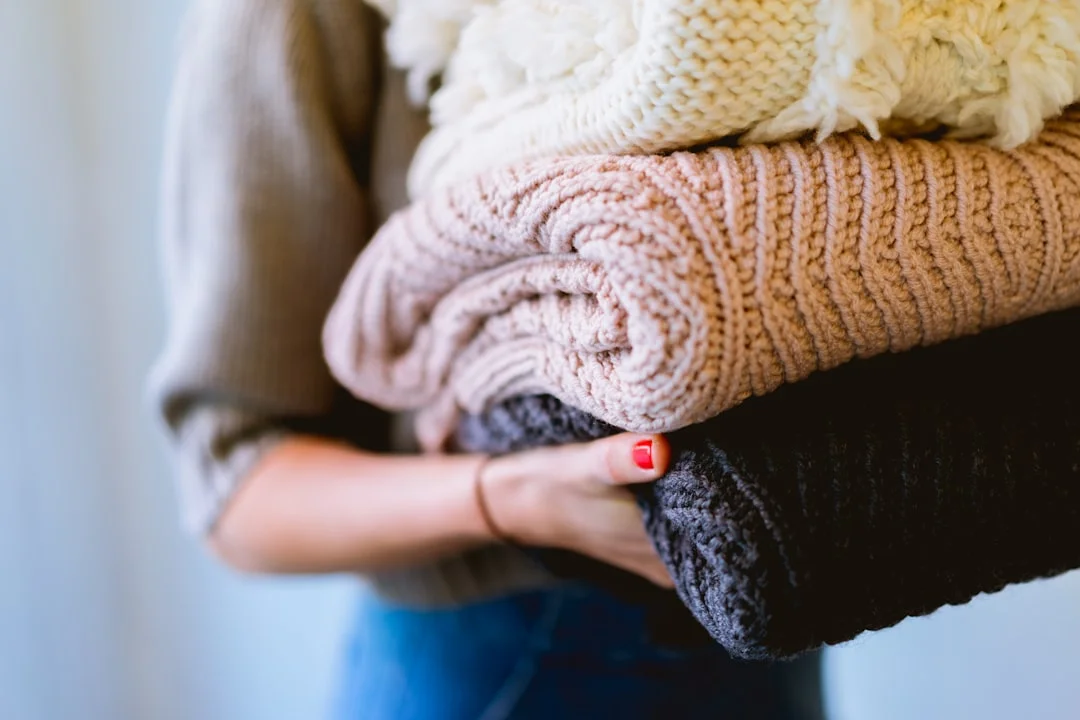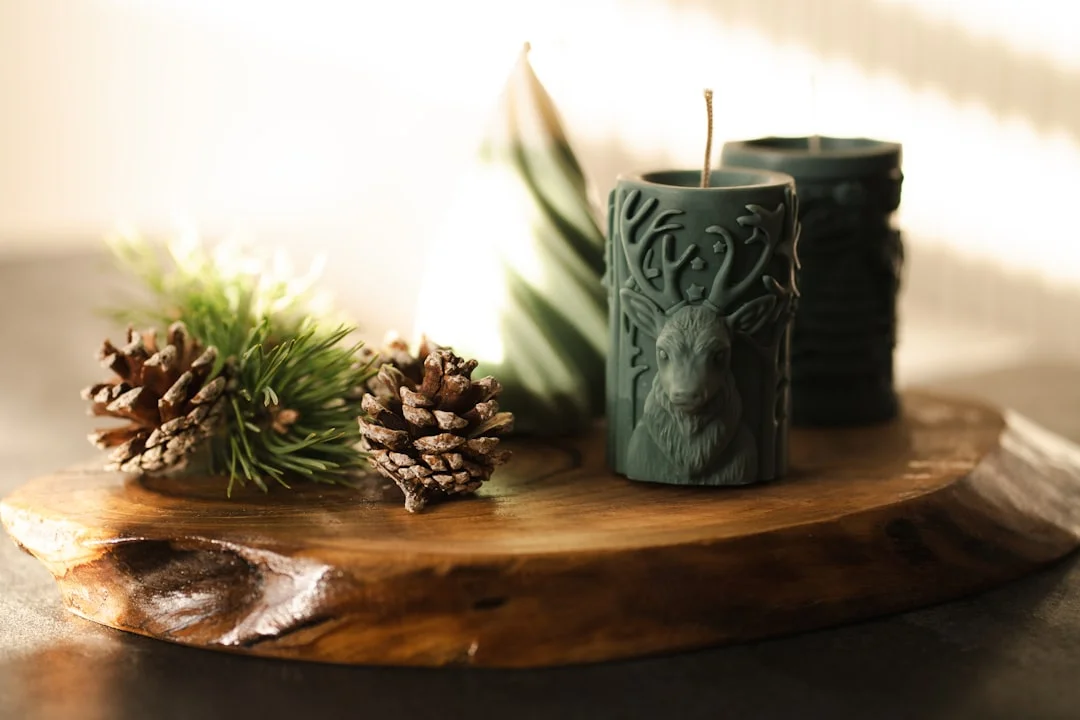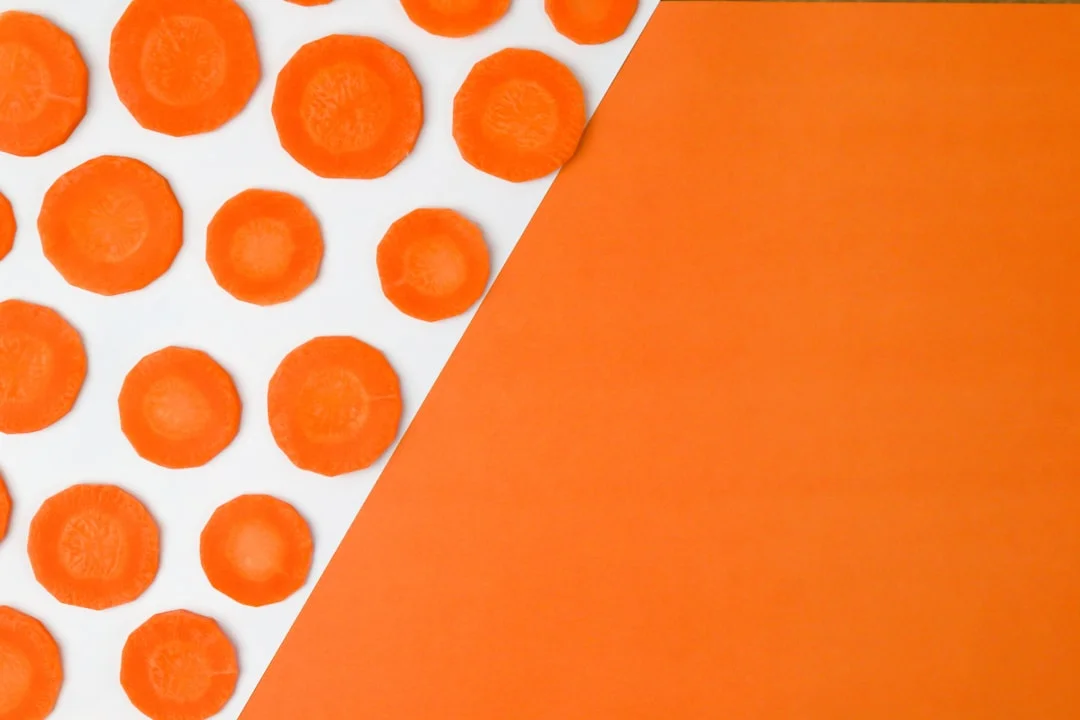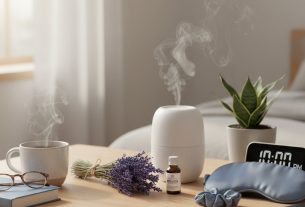Estimated Reading Time: 6 minutes
HHve you ever stopped to really consider what you’re spraying and wiping around your home?
We often don’t give it much thought, but those brightly colored bottles under the sink can be filled with chemicals that are less than ideal for our health and the environment.
That’s why making a simple switch to natural cleaning products is a worthwhile endeavor.
It’s not just about a cleaner home; it’s about a healthier one. Think of it as a small, achievable step toward a more conscious lifestyle.
I remember when I first started researching this topic. The sheer volume of information felt overwhelming!
So many brands, so many ingredients I couldn’t even pronounce. It felt like a steep learning curve.
But after some research, I realized that the simple switch to natural cleaning products didn’t have to be a complete overhaul.
Small changes, over time, can make a significant difference.
The benefits of swapping out conventional cleaners for natural ones are numerous. Firstly, there’s the impact on your health.
Many conventional cleaning products contain volatile organic compounds (VOCs) that can irritate your eyes, nose, and throat.
Over time, exposure can contribute to respiratory problems and other health issues.
Switching to natural alternatives can significantly reduce your exposure to these potential irritants.

Furthermore, you’re doing your part for the environment.
Natural cleaners are often biodegradable and come in more sustainable packaging, minimizing their environmental footprint.
Secondly, it’s about what you’re *not* introducing into your home.
Traditional cleaners may contain harsh chemicals that linger on surfaces and can be absorbed by your skin or inhaled.
By opting for natural options, you can create a cleaner, safer indoor environment for yourself, your family, and your pets.
This is especially important if you have young children or anyone with sensitivities or allergies.
Imagine the peace of mind that comes with knowing you’re using safe and gentle products throughout your home.
The beauty of making a simple switch to natural cleaning products is that you can start small.
You don’t have to replace everything overnight.
Start with the products you use most frequently, like all-purpose cleaners, dish soap, and laundry detergent.
Many readily available and affordable options can get you started on your journey to a healthier home.
Another fantastic way to embark on the journey is to make your own cleaners. This approach can be incredibly empowering and cost-effective.
The base of many homemade cleaners often involves just a few ingredients: white vinegar, baking soda, essential oils, and water.

These are all readily available and relatively inexpensive. You can easily find countless recipes online.
Don’t be afraid to experiment and find what works best for you. You might surprise yourself with how effective they are!
My own experience: I started with a simple all-purpose cleaner using vinegar, water, and a few drops of lemon essential oil. The result?
A fresh, clean scent without the harsh chemicals. It’s a small change that has made a big difference in how I feel about cleaning day.
It feels less like a chore and more like a simple act of self-care.
Essential oils are the natural world’s little miracles.
They are not only fragrant but also packed with antibacterial, antiviral, and antifungal properties.
Lavender, tea tree, lemon, and eucalyptus are popular choices for cleaning and can add a delightful aroma to your home.
However, a crucial point: Always dilute essential oils properly, as they can be potent.
Here’s a quick list of some essential oils and their uses:
There are some misconceptions surrounding the efficacy of natural cleaners.
One common myth is that they are not as effective as conventional cleaners. This isn’t always true.
With the right ingredients and methods, natural cleaners can be just as effective, if not more so, in cleaning and disinfecting your home.

Another myth is that making your own natural cleaners is time-consuming.
While it takes a little upfront time, many recipes are quick and easy to put together, and the benefits far outweigh the investment.
For example, a friend of mine, Sarah, used to be skeptical about the effectiveness of natural cleaners. She thought her surfaces would remain dirty.
However, after seeing the results of her homemade all-purpose cleaner (with a vinegar base), she was completely converted.
Her counters and floors sparkled. She saw the benefits firsthand.
Consider Emily, a mother of two who struggled with frequent allergies in her home.
After making the simple switch to natural cleaning products, she noticed a significant reduction in her children’s symptoms.
This wasn’t just a placebo effect. It was a real change, and a testament to the benefits of a safer, chemical-free environment.
Similarly, Michael, who was facing a mold issue in his bathroom, found that tea tree oil-based cleaners, combined with proper ventilation, helped to eliminate the problem without resorting to harsh chemicals.
These personal experiences show how the simple switch to natural cleaning products can translate into tangible health improvements and provide peace of mind.
Dr.
Emily Carter, a leading environmental health researcher, says, “The transition to natural cleaning products is a positive step toward reducing chemical exposure and improving indoor air quality.
This simple switch allows you to control the ingredients in your home, promoting a healthier living environment for yourself and your family.”

Making the simple switch to natural cleaning products is a journey, not a destination.
It’s about making informed choices and taking proactive steps toward a healthier home and a more sustainable lifestyle.
It is about taking control of your environment and investing in your well-being.
It’s not just cleaning; it’s about creating a space that supports your health, encourages mindfulness, and contributes to a more sustainable future.
Why not give it a try? Start small, experiment, and enjoy the journey toward a cleaner, healthier home. The benefits are worth it!
Frequently Asked Questions
Are natural cleaning products truly as effective as conventional cleaners?
Yes, natural cleaning products can be just as effective, if not more so, than conventional cleaners. The key is using the right ingredients and methods. For example, white vinegar is an excellent disinfectant and cleaner, and when combined with essential oils, it can be highly effective in cleaning various surfaces.
Many readily available options, such as those containing plant-based surfactants and natural disinfectants, perform equally well.
Are all products labeled’natural’truly natural and safe?
Not necessarily. The term’natural’isn’t strictly regulated, so it’s essential to read product labels carefully. Even products labeled as’natural’might contain some questionable ingredients.
Look for certifications such as EcoLogo or USDA Organic to ensure the product meets specific environmental or health standards. These certifications provide a more trustworthy indication of the product’s safety and natural composition.
How can I safely store homemade cleaning solutions?
Homemade cleaning solutions should be stored safely, especially if you have children or pets. Always store them in clearly labeled, airtight containers. Make sure to include the ingredients and date of creation on the label.
Keep all cleaning solutions out of reach of children and pets to prevent accidental ingestion or misuse. Consider using distinctively colored bottles to help distinguish them from food and drink containers.
What are the benefits of using essential oils in natural cleaning?
Essential oils are fantastic additions to natural cleaning solutions due to their antibacterial, antiviral, and antifungal properties. They can help disinfect surfaces and leave a pleasant scent.
For instance, tea tree oil is effective against mold and mildew, while lemon oil is excellent at cutting through grease and leaving a fresh aroma. Lavender can serve as a general-purpose cleaner with its calming fragrance. Always dilute essential oils appropriately and use them cautiously.



